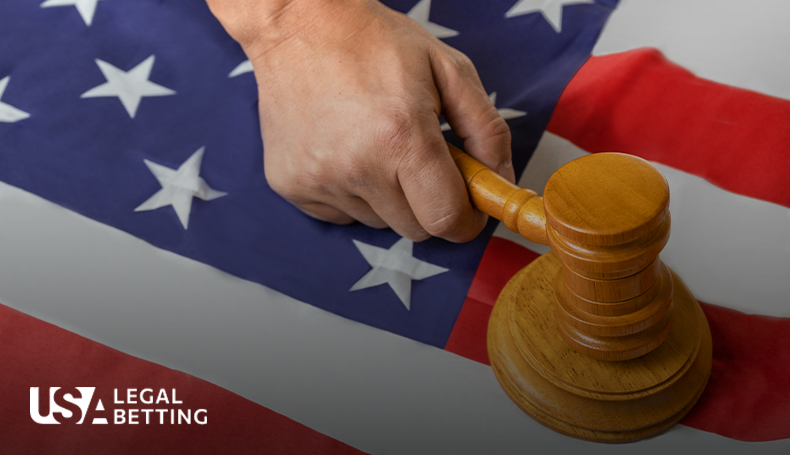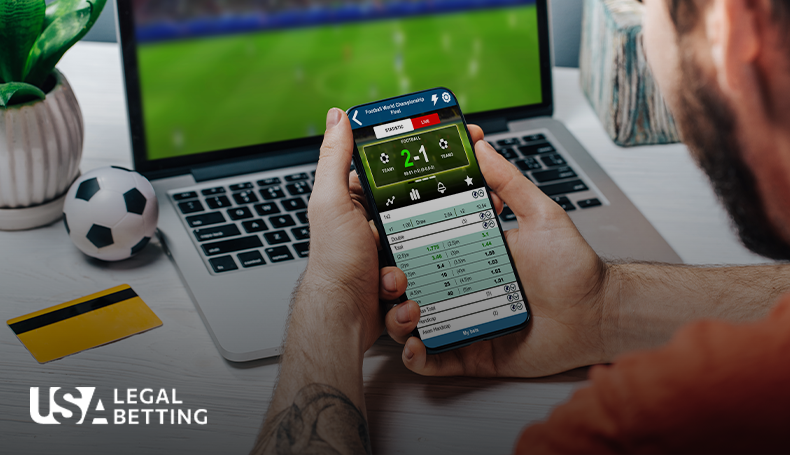Rep. Robert Johnson III (D-Natchez), the House minority leader in a GOP-controlled chamber, suggested casinos receive a portion of profits from online wagers made within 40 miles of retail locations in an attempt to protect smaller establishments.
According to Johnson, external operators would have no incentive to join forces with smaller casinos if the majority of customers flowed to marquee establishments near the gulf. His amendment would ensure the less-visited locations still profited from the legalization of “inevitable” online sports betting.
“The only people making money are the two people that have a contract,” Johnson said. “The money from the platforms, you bet in Mississippi it doesn’t go to every casino in Mississippi. It goes to the casino that you have a contract with.”
Republicans ultimately overruled the proposal.
Eure said that he has been in contact with the Senate leaders as he awaits the Senate Gaming Committee’s decision on the future of the bill. The committee has until April 2 to decide on its future.
Although there are no professional sports teams in Mississippi, there’s still a huge gambling market for pro and amateur sports. Teams such as Ole Miss and Mississippi State offer the most intrigue, as do SEC schools in nearby states.
Alabama is the only one of Mississippi’s bordering states that does not allow online sports betting (or legal sports betting in any form).
Louisiana reported $2.64 billion in handle and $303.1 million in revenue from sports betting in fiscal year 2023. Its $40.3 million in year-end tax revenue puts it just ahead of where Mississippi expects to be once it gets its market up and running.

















